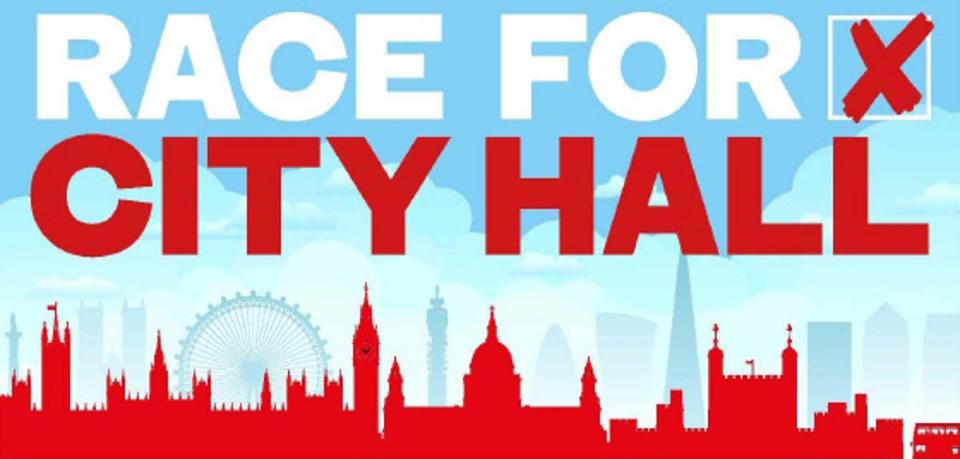Tory mayoral candidate Susan Hall: Passengers who play music out loud should be thrown off the Tube
They rank among the greatest annoyances of modern life: people who play loud music without headphones or who take calls on speakerphone in public.
Now offenders face being thrown off London’s bus and Tube network for annoying their fellow passengers under a crackdown on anti-social behaviour planned by Tory mayoral candidate Susan Hall.
She wants to build on the alcohol ban introduced in 2008 by the last Tory mayor, Boris Johnson, in a bid to prevent Londoners suffering at the expense of others – especially those who use social media as an excuse for criminality.
Positive TikTok influencers such as “Tube Girl” would be permitted – but those copying the “chaos for clout” trend and filming themselves punching other passengers, or being responsible for “disruptive filming”, would be banned.
Ms Hall, who uses the Tube regularly to travel between central London and her home in Harrow, said: “People deserve a safe and quiet journey home and yet under Sadiq Khan, the London Underground is less safe and less civil than it used to be.
“I will overhaul the rules to ban disruptive anti-social behaviour and ensure that existing rules are enforced better by TfL staff.”
Ms Hall, who is behind in the polls to Labour mayor Sadiq Khan in the May 2 battle for City Hall, would overhaul Transport for London’s conditions of carriage to enable enforcement officers to challenge passengers playing loud music or videos without headphones.
Passengers who fail to comply when challenged by officers may be asked to leave the network.
Voluntarily compliance would be requested from passengers in the first instance. Those who fail to comply would be asked to leave the network. Police would be called if the passenger refuses to cooperate.
This could result in a court case where the penalty for breaching byelaws is a fine of up to £1,000.

Currently only young people using concession Oyster cards for under 18s are banned from playing music out loud, through the TfL young person’s behaviour code.
This prohibits antisocial behaviour and requires card holders to “ensure you are the only person that can hear your music”.
The roll-out of 4G and 5G connectivity on the Tube has enabled passengers to make phone calls underground and to stream video and TV. Ms Hall’s spokesman said she had no intention of switching off internet connections.
A spokesman for Mr Khan said: “With millions of journeys every day on London’s transport network we should all be considerate of other passengers around us, including the noise coming from our personal devices.
“Implementing formal restrictions would likely be very difficult, requiring bus and Tube staff to police how passengers operated their individual phones. It would require huge extra spending on enforcement and put impossible pressures on hard-working transport staff."
The alcohol ban, which remains in place, was Mr Johnson’s first policy announcement on becoming mayor in 2008.
It appeared to have an immediate impact but it is now seldom enforced. Last year TfL admitted only 24 passengers had been prosecuted for carrying open cans or bottles of alcohol – 11 on the London Overground and 13 on the Underground.
TfL said, in a response to a freedom of information request: “The vast majority of incidents of people consuming alcohol on the network are handled by asking the customer to leave the network or to comply by disposing of the open container of alcohol before they enter our network.
“The majority of people comply with instructions from operational staff, TfL enforcement officers or policing partners.”
Ms Hall wants TfL to increase efforts to catch fare dodgers. Cases have soared 51 per cent to 756,000 cases last year, costing an estimated £130m in lost income. She also wants firmer action against sexual harassment.
Research by Ipsos three years ago found listening to music “so loud that others can hear it” to be equal top in terms of unacceptable behaviour on public transport to “manspreading” and putting feet on seats, being mentioned by 82 per cent of respondents.
Listening to music without headphones came fourth, being mentioned by 81 per cent.


